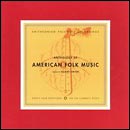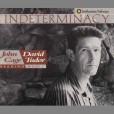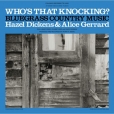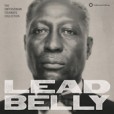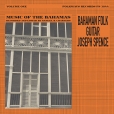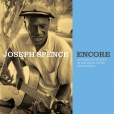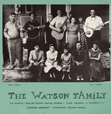Your basket is empty

Harry Smith’s monument.
Telling ninety one-minute stories (sped up or slowed down according to length), whilst pianist David Tudor plays bits from a couple of Cage’s compositions, in a different studio. A 1959 Folkways.
Songs for dancing, about love and heartache, conflict, and spirituality, over the rolling lilt of the ekonting, a three-stringed gourd lute played by Jola people in Gambia and the Casamance region of Senegal.
Their first two, groundbreaking Folkways LPs, plus a previously-unreleased go at the Louvins’ Childish Love. Decent booklet, with various essays and great photos.
‘When those albums first came out, I was disappointed with the quality of the sound,’ writes engineer Peter Siegel. ‘I think the new masters better capture the essence of Hazel and Alice’s music, and sound more like the traditional bluegrass style that these performances represent.’
Their monumental 1965 debut. Driving, full-strength bluegrass, with magnificent accompaniment by fiddler Chubby Wise, David Grisman on mandolin, and Lamar Grier from the Blue Grass Boys playing banjo.
Blazing, hardcore bluegrass from 1967, including covers of the Stanley Brothers, the Louvin Brothers, the Delmore Brothers, and the Carter Family. Written for the duo by the father of bluegrass legend Bill Monroe, and saturated in blues music, closer The One I Love Is Gone is the killer blow.
More than a hundred recordings — including fourteen previously unreleased tracks, and two radio shows from 1941 — housed in a hardbound 12-inch album, with a 140-page book of essays and rare photos.
Wonderful, previously-unheard recordings by the legendary Bahamian guitarist, at his peak in 1965, made at his only New York concert, at home in Nassau, and in a Manhattan apartment. Gripping, one-off playing, continuously stepping out of line, or surprising you with accents, like Monk; rough, enraptured singing in the age-old tradition of local sponge fishermen, with startling irruptions of humming, babble and scat.
Pipa master Wu Man and her Uyghur, Tajik, and Hui collaborators explore connections between the musical worlds of China and Central Asia.

